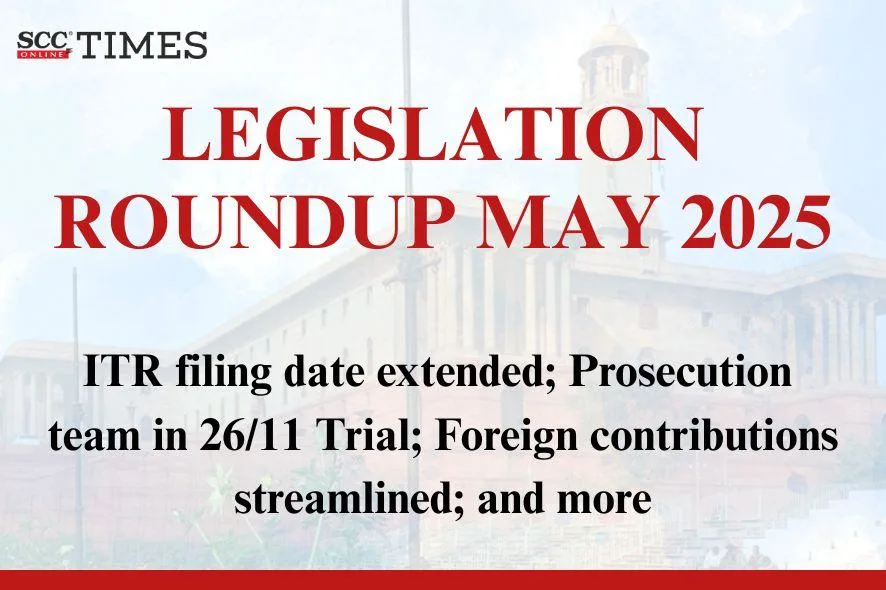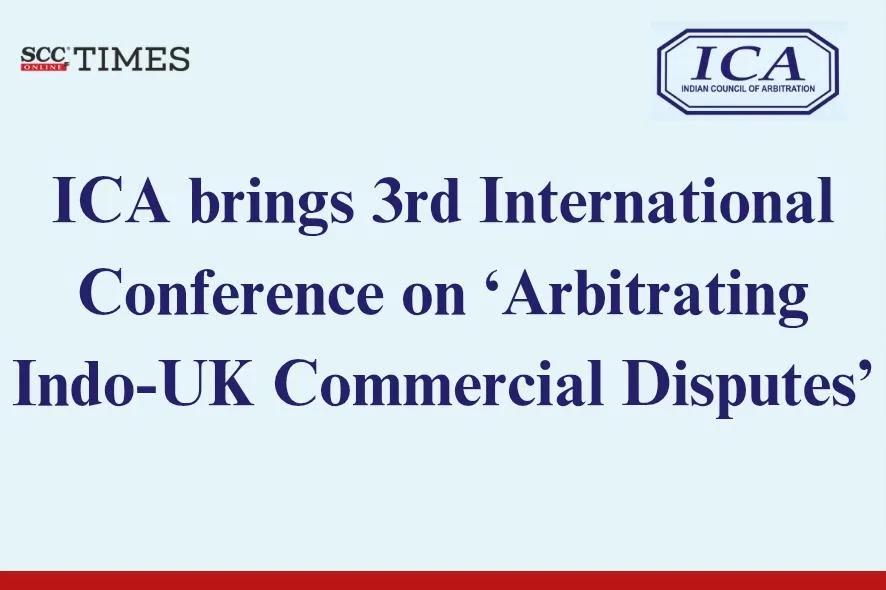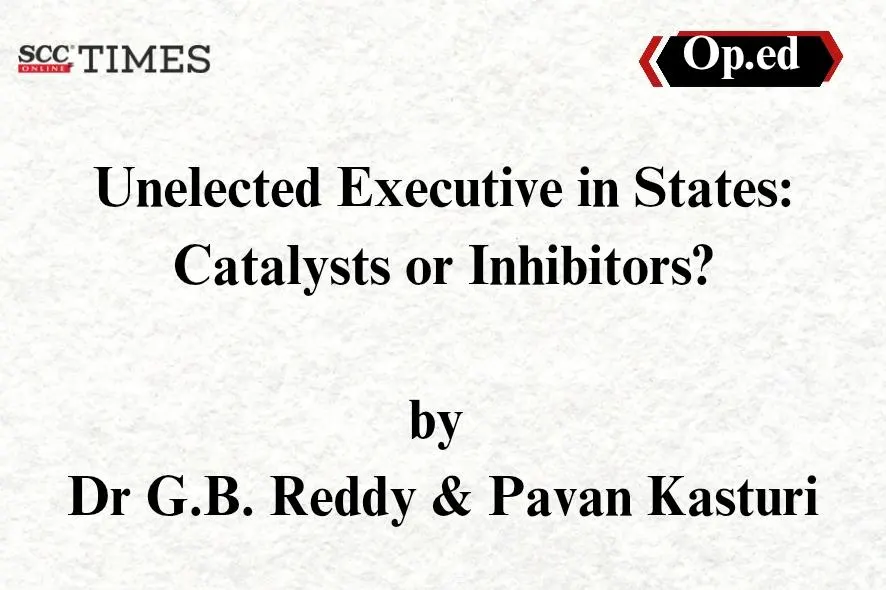Madhya Pradesh High Court: In an application seeking quashment of FIR based on the allegations being general and respondent’s prior undertaking not to take legal action, a single-judge bench comprising of G.S. Ahluwalia, J., held that any agreement restraining a party from legal proceedings is void. The Court, hence, dismissed the application for quashment of the FIR and affirmed that no case for interference was made out at this stage. It was further held that a mutual divorce agreement notarized by a notary has no legal standing under Indian law as parties are not Muslims and cannot divorce without a court decree.
In the instant matter, a FIR was registered at Mahila Thana, Bhopal, for offences under Sections 498-A, 506 and 34 of IPC, and Sections 3 and 4 of the Dowry Prohibition Act. The complainant married the first applicant on 21/04/2022 in Vadodara. The complainant alleged that the applicants harassed her for dowry, demanded additional dowry (a car and ₹10 lakhs), and subjected her to physical and mental cruelty. The applicants filed an application under Section 482 of CrPC for quashing the FIR, arguing that the couple had already divorced via an agreement on 22-06-2022, and thus, no offence under Section 498-A of IPC would be made out. It was also claimed that the complainant had undertaken not to pursue any legal action against them. It was contended that the allegations in the FIR are general and lack specificity. However, the respondent argued of suffering from dowry harassment, physical assault, and continuous cruelty by the applicants. It was claimed the agreement for mutual separation has no legal sanctity as divorce can only be granted by a court.
The Court noted that an agreement restricting a party from taking legal action is void under Section 28 of the Contract Act, 1872 and Section 41 of the Specific Relief Act, 1963 prohibits granting injunctions to restrain legal proceedings. The Court emphasised on the sanctity of court-granted divorces and found the notarized separation agreement legally insignificant. The Court stated that the agreement of separation does not amount to a legal divorce. The Court held that a mutual divorce agreement notarized by a notary has no legal standing under Indian law as parties are not Muslims and cannot divorce without a court decree.
“The parties are not Muslim by religion, therefore there cannot be any divorce by mutual consent without approaching the Court. How the Notary could notarize such an agreement, is also a matter of concern. A Notary cannot grant divorce by executing the agreement of separation.”
The Court noted the detailed allegations of harassment and cruelty in the FIR, thus establishing a prima facie case against the applicants. The Court referred to Taramani Parakh v. State of M.P., (2015) 11 SCC 260, where the Supreme Court held that allegations of dowry harassment necessitate a trial. The Court asserted that even if a divorce had taken place, the FIR under Section 498-A IPC can still be valid for acts of cruelty committed prior to the divorce.
The Court dismissed the application for quashing the FIR and upheld the validity of the FIR and allowed the legal process to continue. The Court held that,
-
Mutual agreements on separation without court intervention hold no legal weight in divorce matters for non-Muslim parties.
-
Allegations of cruelty and dowry harassment, if detailed and specific, are sufficient to warrant a trial.
-
Agreements restraining legal actions are void under Section 28 of the Contract Act, 1872.
-
The Court does not take judicial notice of private documents like marriage certificates without proper validation.
[Ravindra Pratap v. State of M.P., 2024 SCC OnLine MP 3554, order dated 16-05-2024]
Advocates who appeared in this case:
Shri Manoj Tiwari, Counsel for the Applicants
Shri Mohan Sausarkar, PP, Counsel for the Respondents/State












